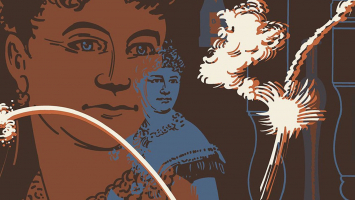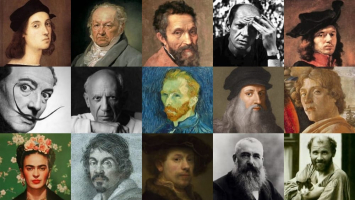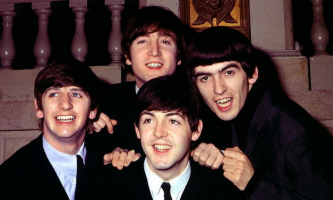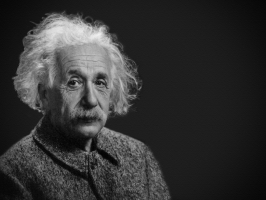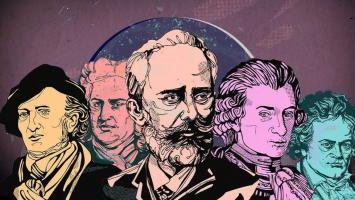Top 10 Greatest Physicists of All Time
Physics is the study of unchanging rules that govern the universe as a whole. Its contributions, together with those of other fields, have aided in our ... read more...comprehension of the planet. The following is a list of some of the most renowned physicists throughout history, in order of their work's prominence.
-
Isaac Newton fundamentally altered our understanding of the Universe. He was revered during his lifetime for discovering gravity and motion principles and inventing calculus. He aided in the formation of our logical worldview.
However, Isaac Newton's biography was one of a monster ego obsessed with the notion that he indeed was capable of comprehending God's creation. His private life was everything from reasonable — driven by petty jealousies, vicious rivalries, and a relentless pursuit of fame.
Newton died at the age of 84 and was buried at Westminster Abbey with full military honors. He was a new breed of national hero as a respected natural philosopher. Newton established the groundwork for the modern scientific era. His physical laws and theory of gravity serve as the foundation for a large portion of current physics and engineering. Nonetheless, he felt he had been sent to Earth to interpret God's message via study of both the Bible and the books of nature. For him, religion and mathematics were integral parts of a larger attempt to deduce the world's one system.
Years: 1643 - 1727
Achievements:
- Three Laws of Motions
- Law of Universal Gravitation
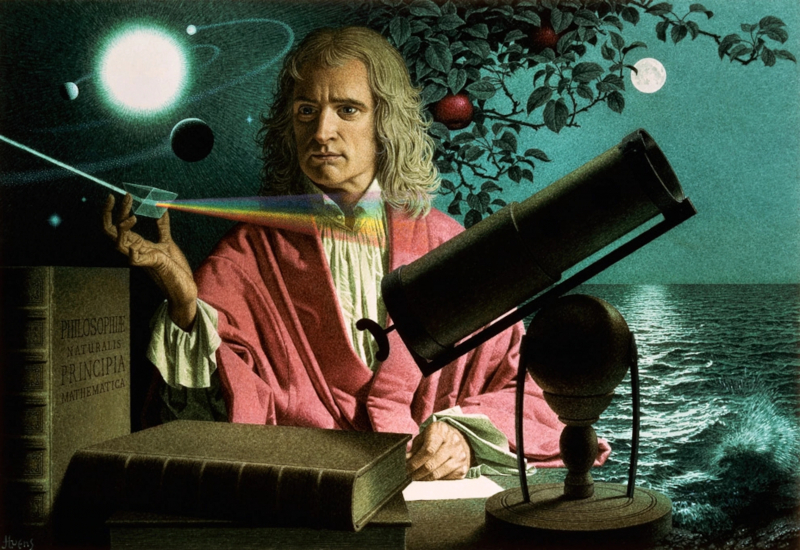
Source: National Geographic 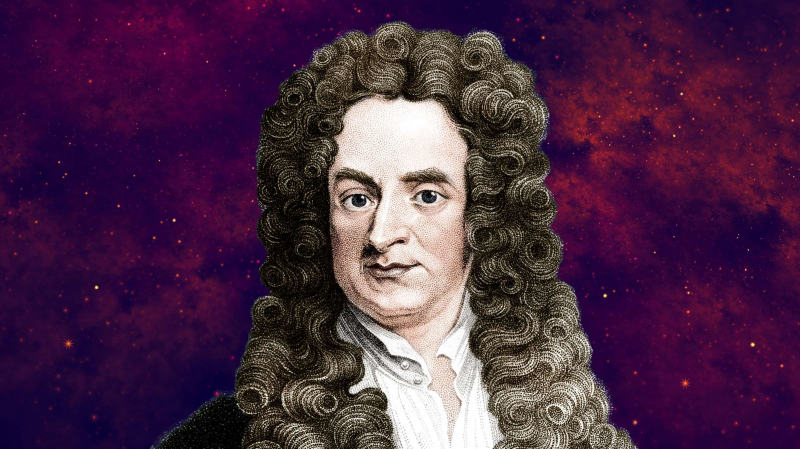
Source: Mental Floss -
Albert Einstein is frequently considered as one of the twentieth century's most significant scientists. His research continues to aid astronomers in their investigations of topics ranging from gravity waves to Mercury's trajectory. Even people who are unfamiliar with the fundamental physics of special relativity are familiar with the scientist's formula that helped explain it — E = mc2.
Einstein is also well-known for his general relativity theory (which explains gravity) and the photon energy (which explains how electrons behave under particular conditions); his work on that won him the 1921 Nobel Prize in Physics. Albert Einstein also made futile attempts to integrate all of the universe's forces into an unified theory, or the hypothesis of everyone and everything - the one he was still engaged in at the moment of his death.
Einstein died on April 18, 1955, of an aortic aneurysm. As per the American Museum of Natural History, a blood artery broke near his heart (AMNH). When asked whether he wanted surgery, Einstein declined. "I want to travel when I want to," he said. "Artificially extending life is tasteless. I've done my part; now it's time to go. I will do so gracefully."
Years: 1879 - 1955
Achievements:
- Theory of special relativity
- Theory of general relativity
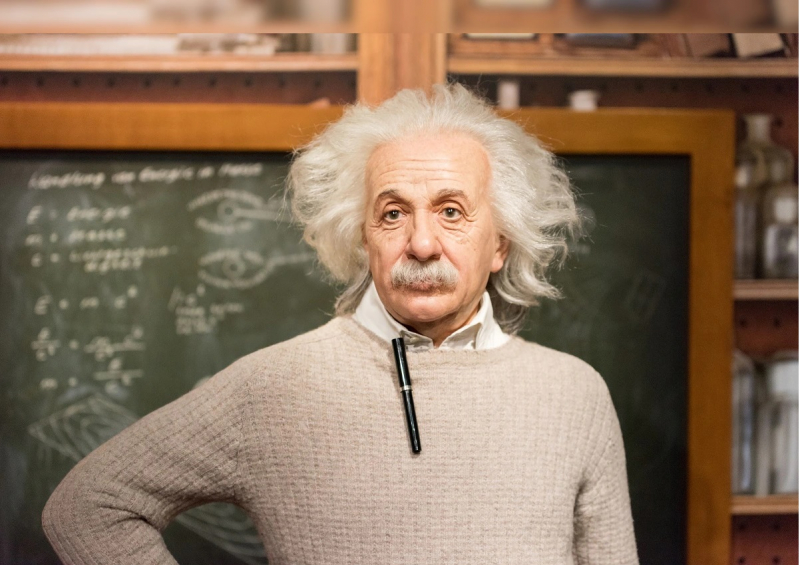
Source: News18 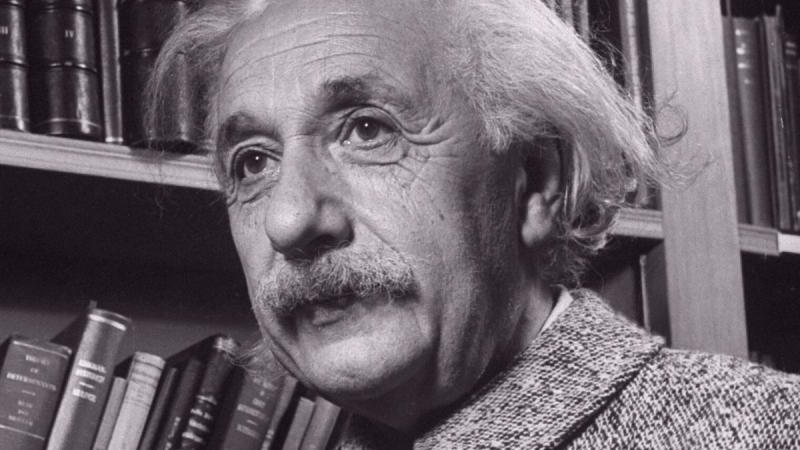
Source: Goalcast -
Galileo Galilei was often regarded as the "hero" of modern science beginning in the seventeenth century. He is recognized for his discoveries, having been the first to record telescopic sightings of the moon's mountains, Jupiter's moons, Venus's phases, and Saturn's rings. He developed the first microscope and the thermometer's precursor.
He computed the rule of free fall, dreamed of an inertia principle, determined the parabola trajectory of projectiles, and campaigned for relativity of motion in mathematical physics, a science he helped establish. Galileo Galilei is regarded as the first "true" experimental scientist, since he experimented with magnetism, clocks, and pendulums, dropping stones from buildings and ship masts.
Much of his cultural stature stems from his activism and popularization of Copernicanism, as well as the ensuing denunciation by the Catholic Reconquista, which elevated him to the status of a purported "martyr" for the causative agent of rationality and informed modernity in the history of a fictitious "warfare" between science and religion. This is no mean feat for a seventeenth-century Italian who was the child of a court musician and dropped out of the University of Pisa, not bothering to earn a degree.
Years: 1564 - 1642
Achievements:
- Galilean telescope
- Hydrostatic balance
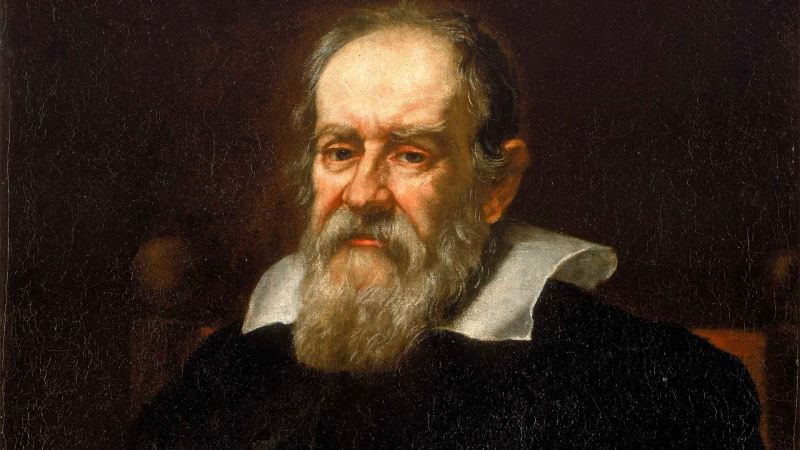
Source: New Scientist 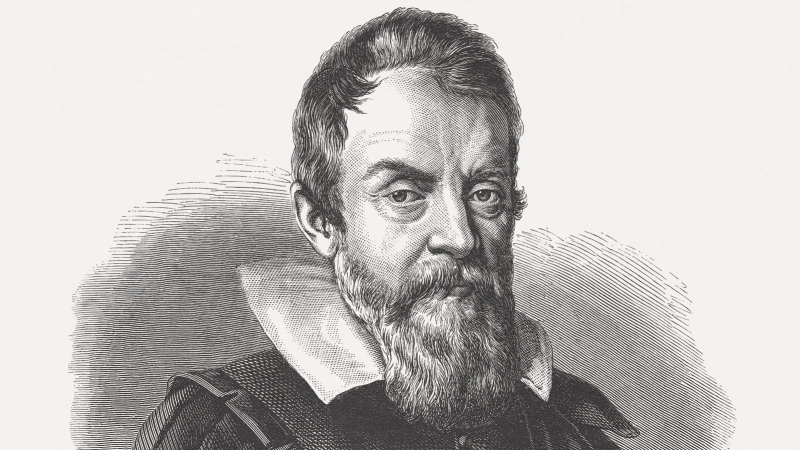
Source: Space.com -
Stephen Hawking was born in England, and was a middling student as a youngster before revolutionizing physics and cosmology - the study of the universe's origin and development.
However, Hawking accomplished something much more difficult: he introduced such in-depth thought about how the world originated and where it is headed to the general public with his influential work, A Brief History of Time, which has been subsequently adapted into a documentary. Hawking established a presence in popular culture with cameos on The Big Bang Theory, The Simpsons, and Star Trek: The Next Generation.
In 1915, Albert Einstein's general relativity theory proposed the possibility of black holes - objects whose gravitational forces are so strong that anything passing through a zone known as the singularity cannot escape. Over time, the hypothesis of black holes grew in popularity as further studies established their existence. Stephen Hawking stunned the physics world in 1974 when he proposed that some objects may flee a black hole as they pass the event horizon. When particle pairs — for example, photon and neutrino — approach that tipping point, one particle may be expelled. This was dubbed Hawking radiation.
Years: 1942 - 2018
Achievements:
- Hawking radiation
- Theory of everything
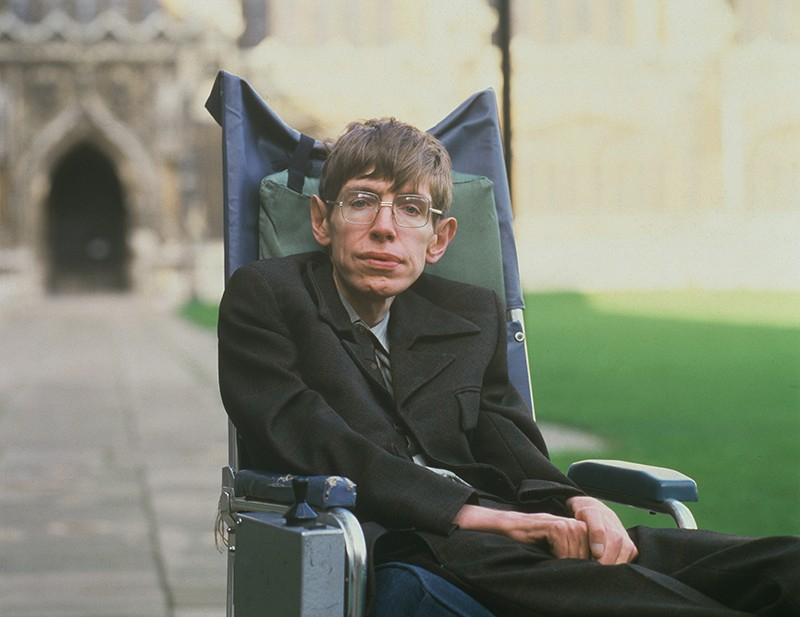
Source: Nature 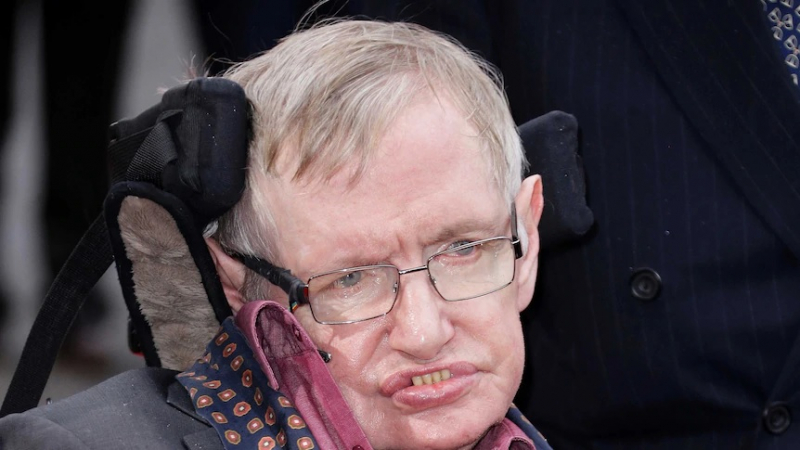
Source: ABC -
Marie Curie's unflinching determination and ardent curiosity established her as a contemporary scientific legend. Despite a physically laborious and ultimately dangerous job, she discovered radium and polonium, advocated for the use of radiation in medicine, and radically altered our knowledge of radioactivity.
Marya Skodowska Curie was born in Warsaw in 1867. Her family suffered under a harsh Tsarist dictatorship that sought to eradicate all traces of Polish culture. Curie struck an agreement with her older sister Bronya as a teenager: she would assist Bronya while she attended med school in Paris, and Bronya would fund Curie's tuition. Curie worked as a schoolteacher and instructor for six years, beginning at the age of 17, while trying to study more in her free time.
Mare Curie chose to write her thesis on radioactivity, which Henri Becquerel had just discovered in uranium. She discovered that an ore carrying uranium was more radioactive than its uranium concentration indicated. This ultimately resulted in her and her spouse, Pierre, discovering a new material 500 times more radioactive compared to uranium. In 1898, it was designated as polonium, after Curie's native country.
Years: 1867 - 1934
Achievements:
- Discovery of Polonium and Radium
- Theory of uranium rays
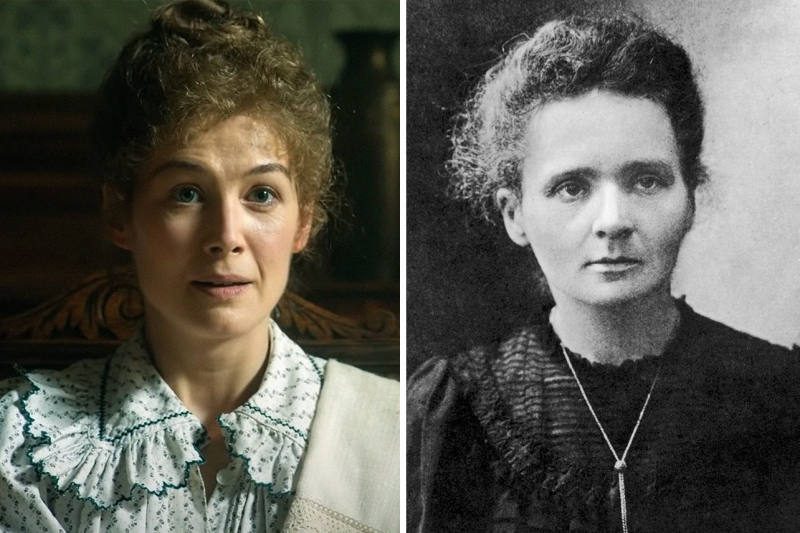
Source: Decider 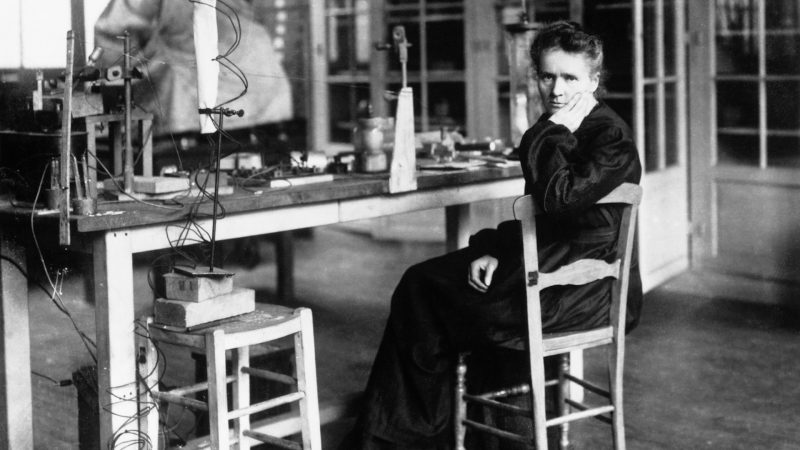
Source: Live Science -
Archimedes was born around 287 BC in the city of Syracuse. He was the son of Phidias, an astronomer and mathematician. Apart from that, nothing is known about Archimedes' or his family's early years. According to some, he was a member of the Syracuse aristocracy, and his lineage was linked in some manner to that of King of Syracuse, Hiero II.
Syracuse was a center of trade, art, and science in the 3rd century Bc. Archimedes acquired his inherent interest and aptitude for problem solving as a child in Syracuse. After gaining as much knowledge as possible from his professors, Archimedes moved to Egypt to study at Alexandria. Alexandria, built by Alexander the Outstanding in 331 BC, had established a reputation for deep wisdom and intellect by the time of Archimedes.
Regardless of the many amazing myths surrounding Archimedes' life, we owe him the greatest gratitude for his mathematics treatises and contributions to our knowledge of basic physical processes.
Years: circa 287 BC - circa 212 BC
Achievements:
- Archimedes’ Principles
- Law of The Lever

Source: Live Science 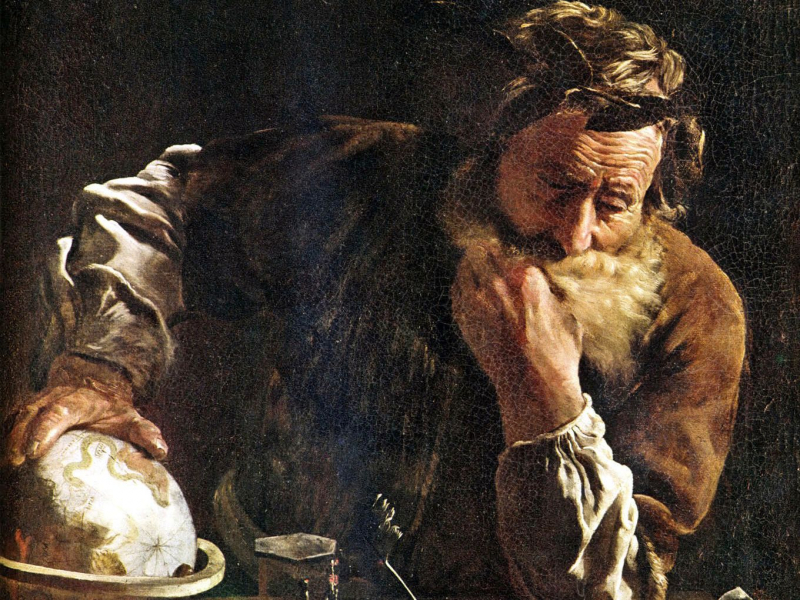
Source: ThoughtCo -
Few figures in scientific history have the atmosphere of a mythology around them as does Nikola Tesla (1856-1943). Anyone who is familiar with Nikola Tesla's tale understands that any phrase used to characterize his career may seem reductive. Scientist, physicist, engineer, and inventor are insufficient terms to characterize Nikola Tesla's life. Perhaps brilliance is an inadequate description of this man's existence.
Tesla, a pivotal figure in the electrical revolution, was the prototypical crazy genius. He created the Tesla coil, an emblem of the crazy scientist's laboratory due to its amazing electrical discharges. He has extraordinary mental talents that enabled him to conceptualize and create sophisticated electrical devices in his thoughts without taking notes.
Nikola Tesla was a genius whose innovations altered the course of human history. Thus, it's unsurprising that a sizable portion of the population regards the bright scientist as a kind of deity. According to them, Tesla is the genuine inventor of an astounding number of essential innovations, including the transistor, radio, radar, X-ray, and alternating current.
Years: 1856 - 1943
Achievements:
- X-rays
- Induction motor
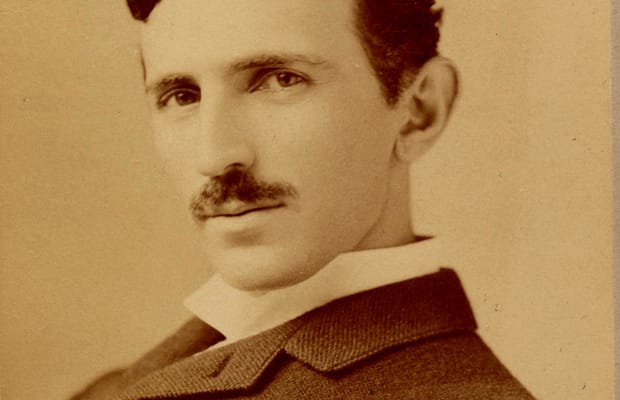
Source: History.com 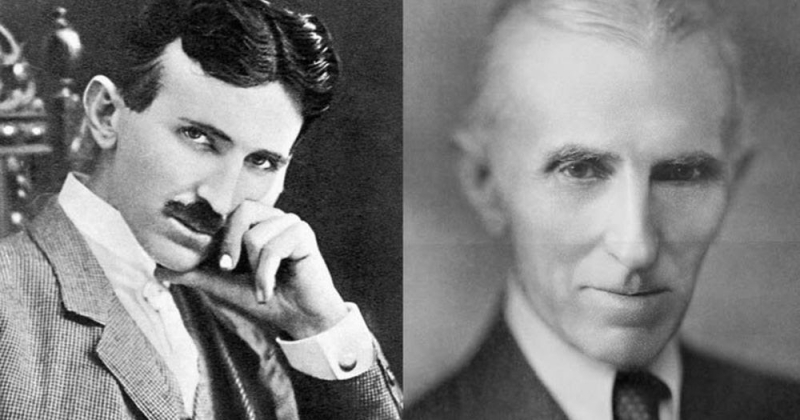
Source: Vintage Everyday -
As one of the twentieth century's most illustrious physicists, Richard Feynman was well-known for a variety of accomplishments. He began his career as a group leader on the Manhattan Project, which led to the construction of the first atomic weapon. Hans Bethe, the project's scientific head who received the 1967 Nobel Prize in Physics (two years after Feynman), was cited as saying about what distinguished his protégé: "There are two varieties of talent. Ordinary geniuses do extraordinary things, but they left you with the impression that you, too, might if you pushed hard enough. Then there are mages, who do feats that you have no clue how they accomplish. Feynman was a sorcerer."
When Richard Feynman played the bongos and began singing about orange juice, he captivated the public imagination. He was a lighthearted, gregarious practical joker who traveled throughout America on lengthy car excursions. At points, his oxygen sucking hubris irritated others, and his staged sexism seems very different to current eyes.
Feynman also will be recognized for his classroom instruction: the lectures he presented to Caltech sophomores in 1962 established the gold standard for physics education and eventually made millions of dollars worldwide when released as a three-volume series.
Years: 1918 - 1988
Achievements:
- Feynman path integral
- Feynman diagrams
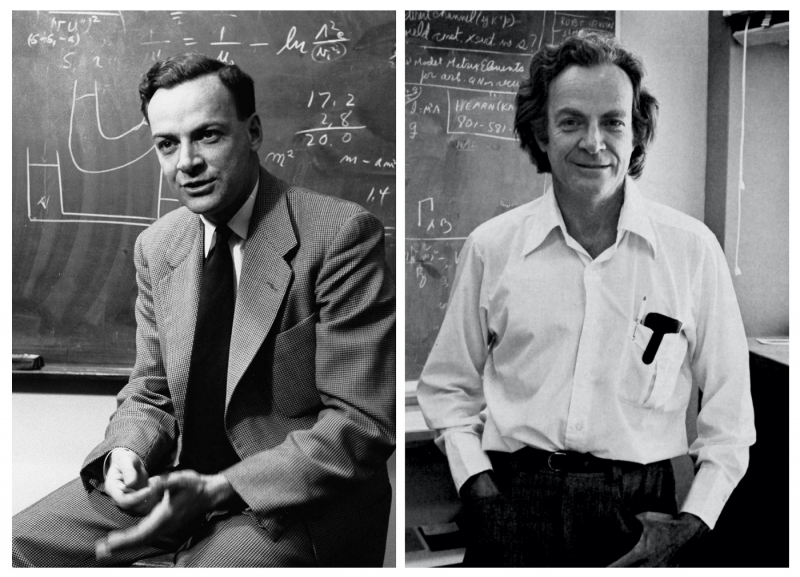
Source: Cantor's Paradise 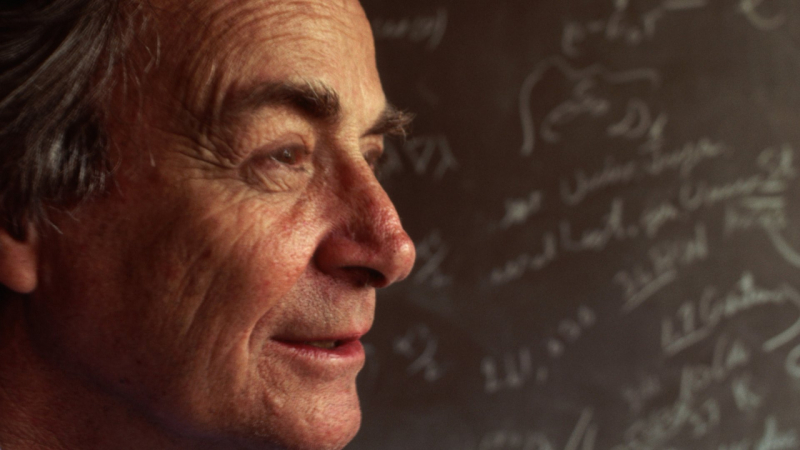
Source: Inc. Magazine -
Niels Bohr was a pivotal pioneer in the history of quantum mechanics in the early years. In the twentieth century, his Academy for Theoretical Sciences at the University of Copenhagen in Denmark served as a focal point for some of the most significant revolutionary mindset in constructing and studying the breakthroughs and insights associated with the growing body of knowledge about the quantum realm. Indeed, during most of the 20th century, the Copenhagen interpretation was the prevailing view of quantum physics.
Werner Heisenberg was one of Bohr's classmates who later became the head of the German nuclear research effort during the Second World War. Heisenberg met Niels Bohr in a relatively famous private encounter in Copenhagen in 1942, the facts of which were a source of academic discussion since neither party ever talked openly about the conversation, and the few citations disagree.
Bohr evaded arrest by German authorities in 1943, finally finding his way to the United States, where he worked on the Manhattan Plan at Los Alamos, but it seems that his function was essentially that of a counselor.
Years: 1885 - 1962
Achievements:
- Bohor-Van Leeuwen Theorem
- Bohr Model of the Atom
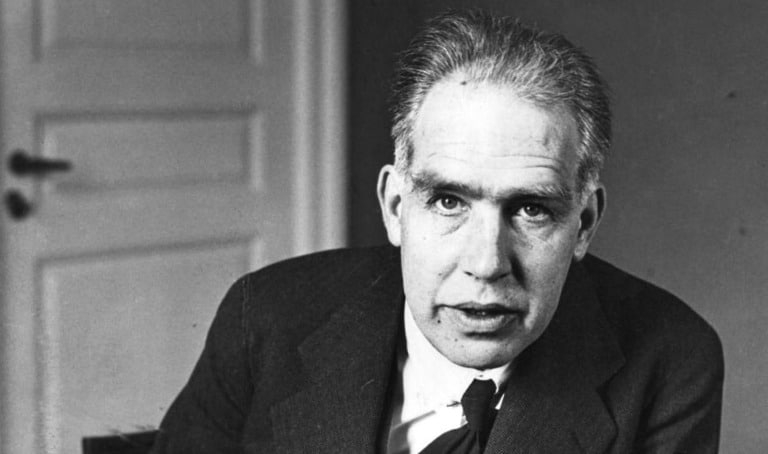
Source: Simply Charly 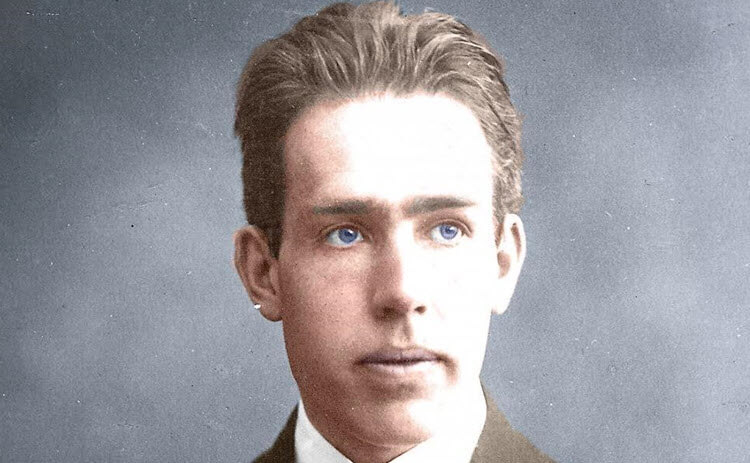
Source: 8SA.NET -
Every chronicle of the evolution of science in the early twentieth century will almost surely reveal that a visit to Germany was mandatory for any ambitious young physicist. Arnold Sommerfeld was a German physicist who rose to prominence as the instructor of a generation of exceptional students.
Sommerfeld decided to write to Paul Epstein, an alumnus who had already become professor of quantum theory at the California Technology Institute, in the summer of 1922: "I predict huge successes from Werner Heisenberg, who I believe is the most brilliant of all my students, including Debye and Pauli." Heisenberg won a Nobel Prize in Physics ten years later for "creating quantum mechanics." The Nobel committee succinctly summarized Heisenberg's accomplishments.
However, why is Werner Heisenberg still controversial a century after his birth? The American scholar Paul Rose casts considerable doubt on Heisenberg's personal morality in his latest study, Heisenberg and the Nazis Atomic Weapon Project. He is characterized as a guy who was "unable to break free of the German anti-Semitic attitude." He is also responsible for scientific misunderstandings.
Years: 1901 - 1976
Achievements:
- Matrix Formulation of Quantum Mechanics
- Uncertainty Principle
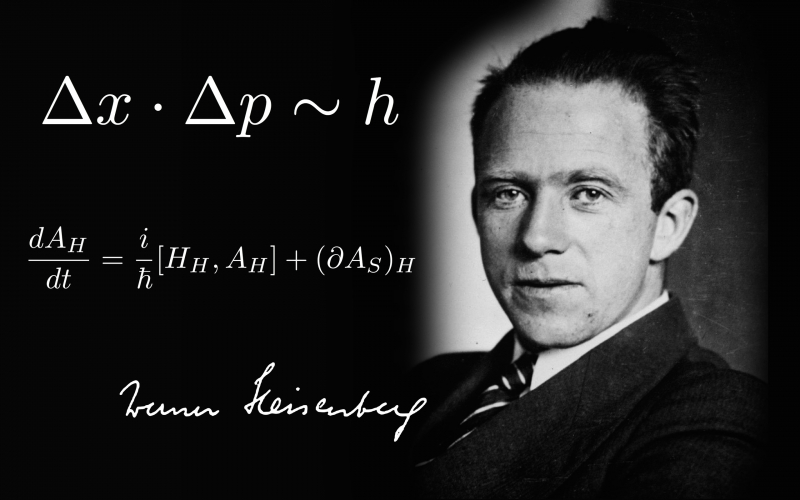
Source: Askey Physics 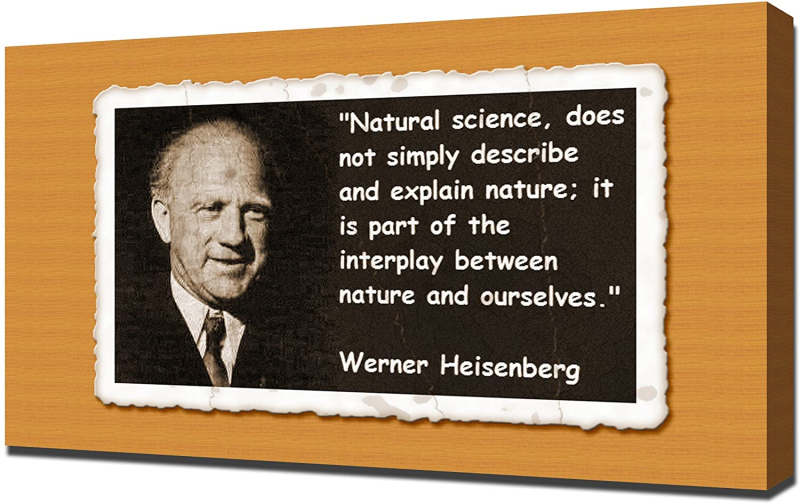
Source: Amazon












